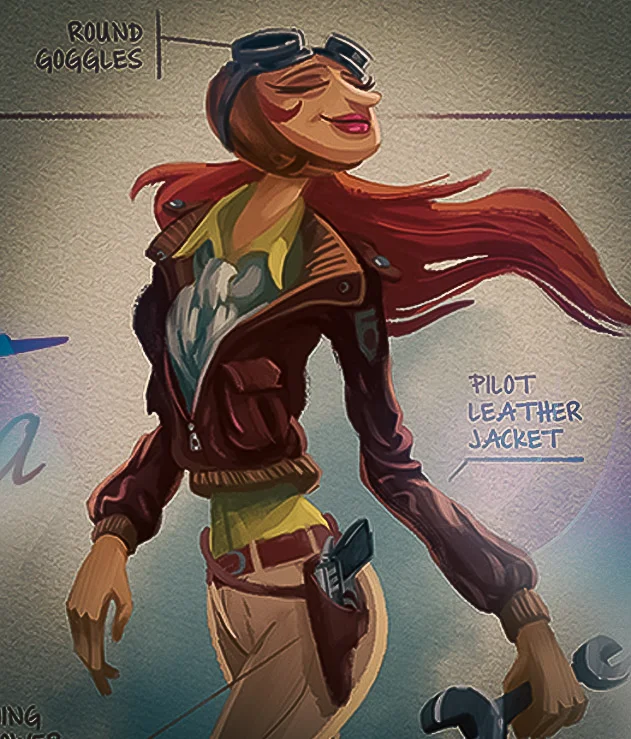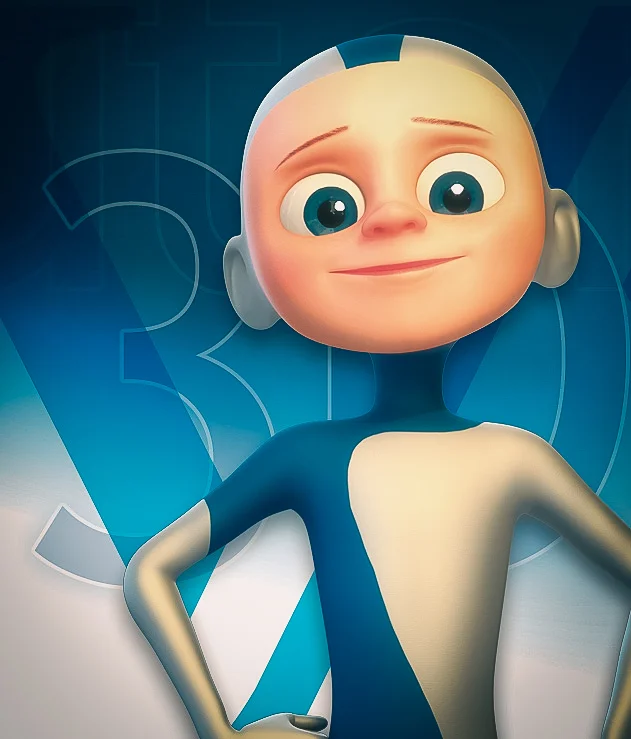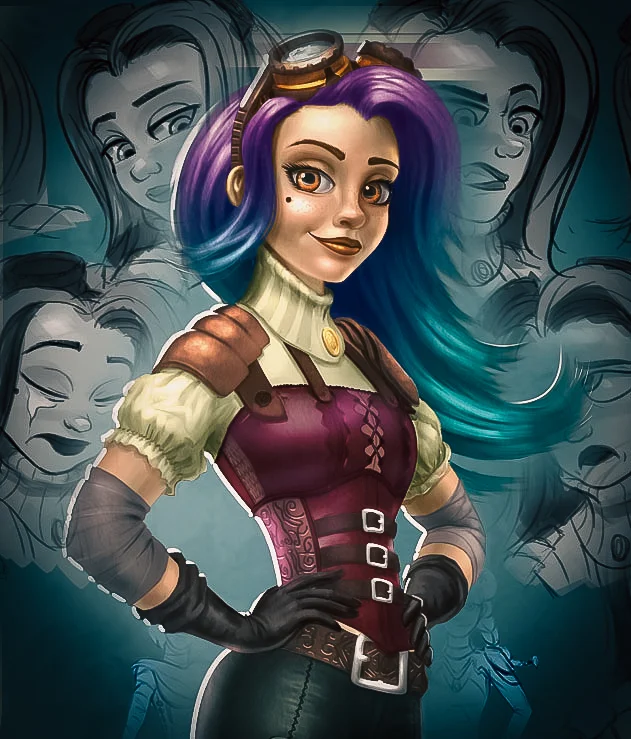 Image: Alina Kolyuka (Motion Array)
Image: Alina Kolyuka (Motion Array)
Author: VANAS
The Great Video Game Debate
Table of Contents
- What Sparked the Controversy?
- The Rumor Mill: Are Video Games to Blame?
- Understanding the Real Issues
- What Gamers Are Saying
- Expert Opinions Matter
- The Future of Gaming
- Frequently Asked Questions
What Sparked the Controversy?
In recent weeks, you might have noticed a lot of chatter about video games. It all kicked off when some comments started circulating online, suggesting that video games could be harmful and maybe even lead to a ban. This stirred up a whirlwind of emotions among gamers and non-gamers alike, raising questions about the role of video games in our lives.
But what really started this debate? It turns out that the whole thing traces back to some comments made by a well-known figure years ago, criticizing video games for glorifying violence. This sparked the imagination of social media, with users speculating about what a ban would mean for their beloved gaming culture.
The Rumor Mill: Are Video Games to Blame?
The conversation began swirling on platforms like Twitter and TikTok, with people expressing fear that video games might soon be off the table for good. Many started sharing memes and posts, worried about how a ban could change the way they play and enjoy games.
But let’s take a step back. The comments that started this all were made in response to real-world events. While they were part of a broader discussion about violence in society, they didn’t actually lead to any proposals to ban video games outright. Still, the fear was palpable, and for many gamers, it felt like their hobby was being unfairly targeted.
Understanding the Real Issues
So, what’s the real deal with violence in video games? For years, people have debated whether playing these games leads to aggressive behavior. Some studies suggest there might be a link, while others show that most players engage with games without any negative impact on their real-life actions.
Think about it: millions of people play video games daily, immersing themselves in exciting worlds where they can be heroes, strategists, or even artists. A lot of the time, these games are just a way for people to relax and have fun after a long day. Just like watching a thrilling movie or reading a gripping novel, video games can be an escape from reality.
The real question isn't whether video games are harmful, but how can we navigate their content responsibly? It's about encouraging players, especially younger ones, to make smart choices about what they play. This means discussing what types of games are suitable and why certain content might be inappropriate.
What Gamers Are Saying
Gamers everywhere have been vocal about the potential ban. Many argue that video games are a valuable form of entertainment, creativity, and social connection. Gamers often talk about how games can improve cognitive skills and even foster teamwork.
Take Sarah, a high school senior who loves playing strategy games. “Games are my way of connecting with friends,” she says. “We work together, plan strategies, and sometimes even learn a thing or two about history through them. It’s not just about mindless violence; it’s about teamwork and creativity!”
She’s not alone. Many gamers share similar thoughts, pointing out that video games provide an outlet for self-expression and creativity, allowing players to explore new worlds and narratives. It’s easy to forget that games can be as complex and layered as any animated film or book.
Expert Opinions Matter
To get a better perspective, it’s worth looking at what experts say about video games. Many professionals in the gaming industry emphasize the importance of context. For example, game developer Alex Wong shares, “Video games are a powerful storytelling medium, similar to animation. They allow players to experience narratives in ways that traditional media can’t. When you engage with a game, you’re not just a spectator; you’re part of the story.”
Experts stress that it’s essential to educate players about what they are consuming. Instead of banning games, why not focus on helping players understand the themes and messages in them? Media literacy can play a big role in fostering a healthier relationship with video games.
The Future of Gaming
As the debate rages on, what does the future hold for video games? The gaming industry is evolving, and developers are finding new ways to tell stories and engage players without resorting to violence. Games are becoming more inclusive, exploring different narratives, cultures, and experiences that resonate with a broader audience.
Imagine a world where video games focus on collaboration rather than competition, where players work together to solve puzzles or embark on adventures that require teamwork. That’s already happening in some new releases, and it shows a positive shift in the industry.
Moreover, with advances in technology like virtual reality, the possibilities for immersive storytelling are endless. Developers can create experiences that are engaging and educational, allowing players to learn while they play.
Frequently Asked Questions
What started the debate about video games?
- The debate was sparked by comments suggesting that video games contribute to societal violence, leading to rumors of a potential ban.
Are video games really that harmful?
- The impact of video games varies from person to person. While some studies suggest a link between violent games and aggressive behavior, many players engage with games responsibly.
How can parents help children choose appropriate games?
- Parents can utilize rating systems and engage in discussions about the content of games to help children make informed choices.
What are some positive effects of video games?
- Video games can improve cognitive skills, foster teamwork, and offer a creative outlet for self-expression.
Could video games be banned in the future?
- While there’s always a possibility of regulations, many experts advocate for education and responsible gaming instead of outright bans.
How can developers create positive gaming experiences?
- Developers can focus on storytelling, character development, and collaboration in games, promoting positive interactions and messages.
VANAS Online Animation School offers Animation, Visual Effects, and Video Game programs. To launch your career, visit VANAS.







